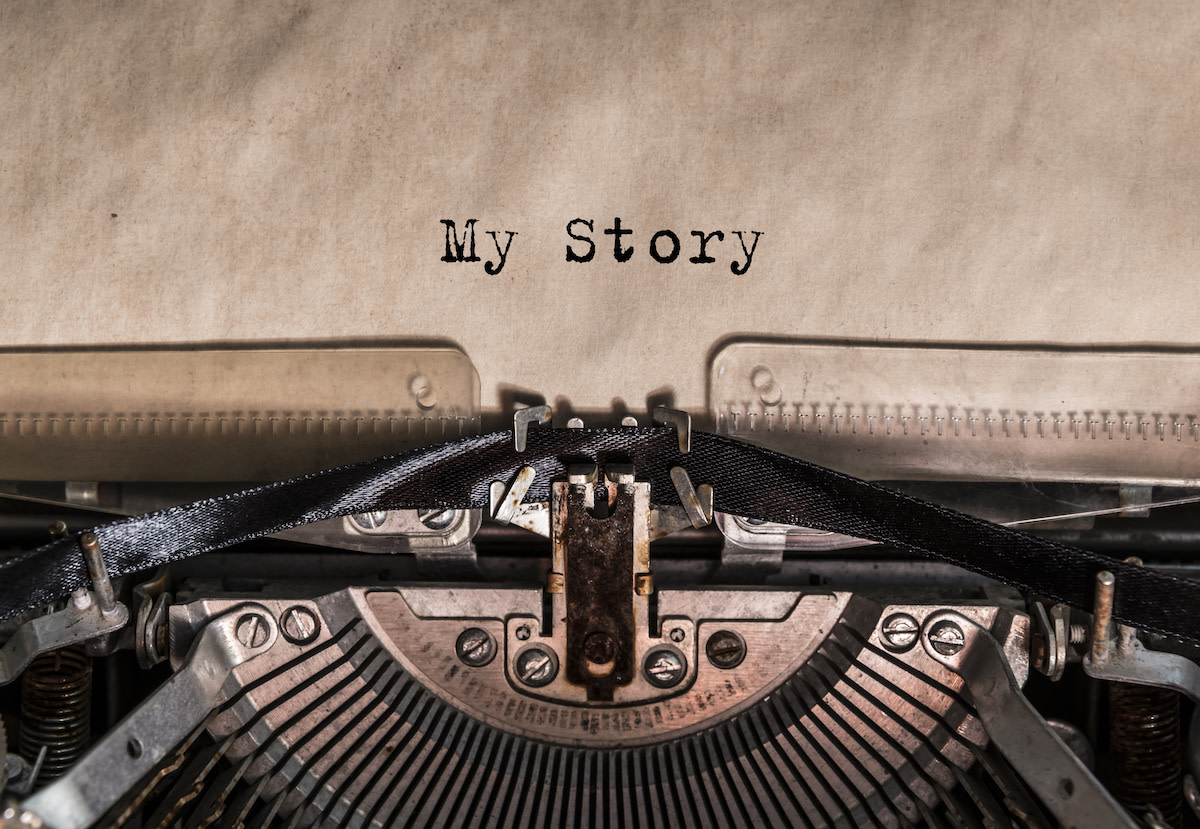Memoir and Autobiography: Learn the Differences and Tips for Writing Memoir and Autobiography
Written by MasterClass
Last updated: Dec 22, 2021 • 4 min read
In the literary world, first-person accounts are often categorized into two main genres: autobiography and memoir. Learn the key comparison points of a memoir and an autobiography, as well as tips for writing in both formats.
Learn From the Best
What Is an Autobiography?
An autobiography (Greek for “self life write”) is a first-person-point-of-view account of a person’s entire life. The key unique feature of autobiographies is their subject matter; they are usually written by celebrities, business figures, sports players, and politicians. An autobiography is a chronicle of the author’s life, including their rise to fame, power, money, or talent.
Autobiographies are more formal than memoirs because they emphasize facts. Autobiographies often tell stories close to or exactly how they happened, which means they often feature straightforward language and chronological narration. Facts are checked to ensure accuracy.
Some of the most famous and influential autobiographies are The Autobiography of Benjamin Franklin written by Benjamin Franklin and The Story of My Life by Helen Keller. Both of these autobiographies are by historical figures who were well known in their lifetimes and beyond—the former was a founding father of the United States, the latter was a deaf-blind lecturer, activist, and writer.
What Is a Memoir?
While autobiographies are a platform for well-known individuals to share the facts of their lives in their own words, memoirs are a format in which writers use their life experience in service of a larger theme or idea. A reader might pick up a memoir because they’re interested in the theme, rather than because they want to read about the writer.
The philosophy of memoir-writing is also very different from autobiography-writing. Where autobiographies emphasize facts, memoirs (French for “memory” or “reminisce”) focus on personal experience, intimacy, and emotional truth—memoir writers often play with their memories and with real life in order to tell a good story. For this reason, memoirs are not bound to formal expectations around chronology or factual accuracy.
A few well-known memoirs include A Heartbreaking Work of Staggering Genius by Dave Eggers and The Liars’ Club by Mary Karr.
What Should I Write—Autobiography or Memoir?
When deciding which form to use for your personal story, ask yourself the following questions:
- Which is more essential to my story, facts or emotions? If your answer is “facts,” meaning that your story will be told through specific dates and precise information, then an autobiography would be a great choice. If, on the other hand, your answer is “emotion,” meaning that you’d prefer to link events together through feeling rather than fact, then a memoir is the way to go.
- Is my goal a chronological retelling, or do I want to write more loosely about an idea or theme? If you’d like to provide readers with a full timeline of your life story, from childhood through the present, then that’s more common of an autobiography. If you’d rather select a specific theme in your life and string together the events like a series of short stories, then that sounds more like a memoir.
Of course, these definitions of autobiography and memoir are on opposite ends of the nonfiction spectrum, and it’s good to keep in mind that you can blend the two genres when you write.
Tips on Writing an Autobiography
- Start with a hook. You should ask yourself: what would make readers want to pick up your book? If you’re a well-known figure, that can often be enough of a hook. If you’re not, don’t be discouraged: there are plenty of other things that can make your autobiography interesting. Did you help create a specific product? Are you (or were you) a part of an organization readers would like to know more about? Do you work in a field that isn’t very well known or doesn’t have a lot written about it? These can all be viable hooks that will compel readers to pick up your autobiography.
- Do your research. You will need to do meticulous research to ensure your memories are accurate. This means going through your old journals, browsing the internet, and talking with old friends to make sure you don’t get any big facts or events wrong.
Tips on Writing a Memoir
- Pick a theme. Writing memoir is all about emotional truth, so the most important tip for writing memoir is to pick a theme from your life that you feel is worth talking about. Memoirs are written on all kinds of themes, from family life to struggles with illness, and it’s important that you care deeply about the subject in order to write compellingly on it.
- Focus on the feeling. Another tip to writing a good memoir is to let go of fact-heavy writing. Memoirs are meant to be experiential and narrative, and writers often get bogged down in the tiny details. Keep in mind that readers are interested in your own memories and feelings, not necessarily every specific event that happened on a particular day. Being able to master this will help you write a memoir that shines.
In the end, both autobiography and memoir are strong styles, and both are enriching experiences for writer and reader alike.
